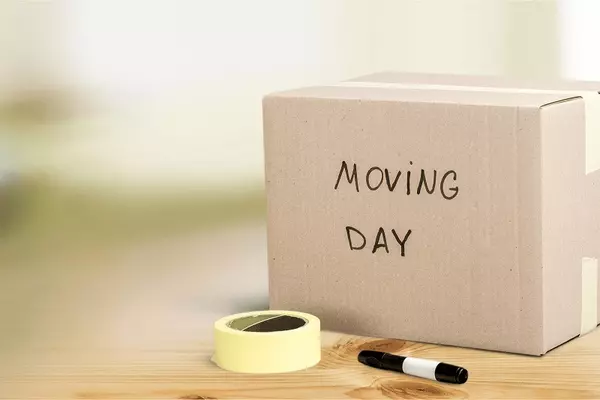3-4 WEEKS PRIOR TO MOVE
• Decide how you’re going to move your furniture and personal belongings. Whether you’re hiring a moving company or renting a truck, do the research. Get recommendations from your real estate advisor, as well as estimates. Be sure to ask about availability and additional costs of materials and tools such as boxes, tape, covers, etc.
• Start gathering the necessary moving supplies.
• Take stock of your possessions and decide what will be moved and what could be removed. This is an opportunity to sell unwanted items online or through a yard sale.

2 WEEKS PRIOR TO MOVE
• Notify and get refunds from your present utilities: gas, electric, water, garbage, cable and internet. Arrange for services at your new address.
• Transfer your address with the Canadian Postal Service.
• Begin using up what you don’t need to move like cleaning supplies, pantry food, etc.
• Recruit people to help and arrange for someone to take care of your pets and children during the move.
• Confirm moving company or rental-truck arrangements.
• Transfer your bank accounts.
• Draw up a floor plan of where your furniture should go at your new place.
• Purchase moving insurance. Your mover’s liability for lost or damaged goods will not equal their replacement cost.

2 DAYS PRIOR TO MOVE
• Keep moving materials in a separate location from where the packing is happening.
• Gather all valuables, jewelry, important papers (birth certificates, deeds, documents) to take with you personally.
• Clean out the refrigerator and plan to defrost and dry before moving.

ON MOVING DAY
• Plan on spending the entire day with the movers. Don’t leave until they have finished.
• Record all utility meter readings (gas, electric, water, etc.)
• Take a final walk through house, including storage areas and the attic to make sure everything is empty.
• Lock all windows and doors and drop off keys with your advisor.

